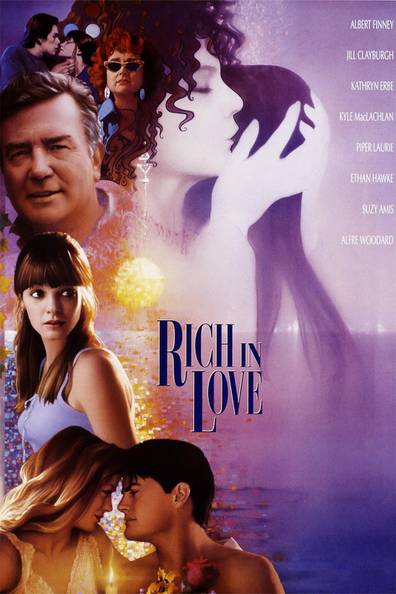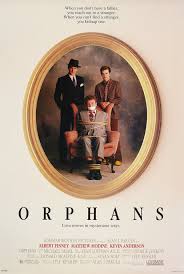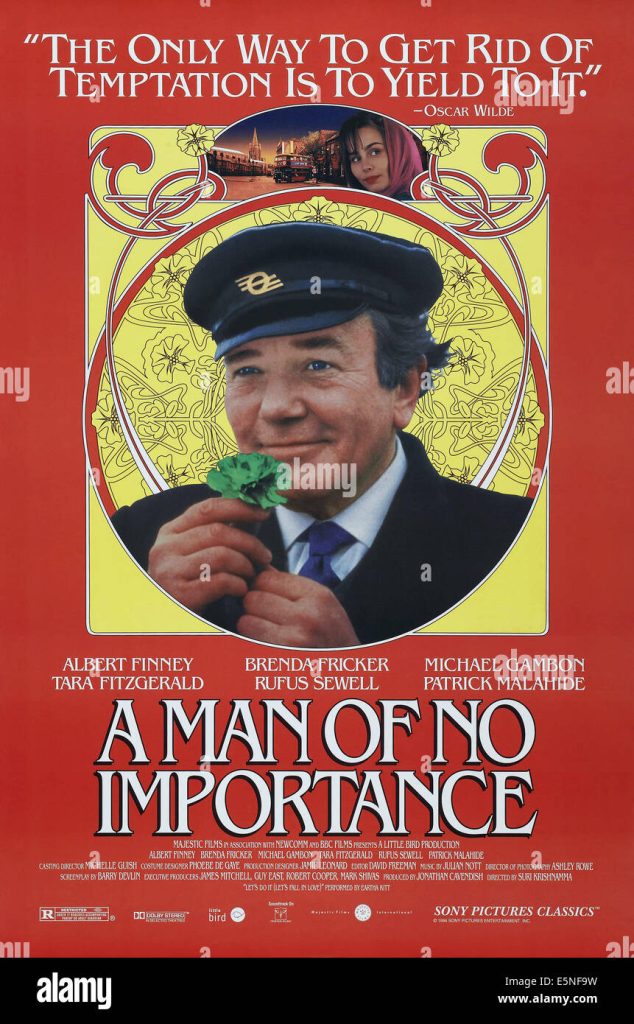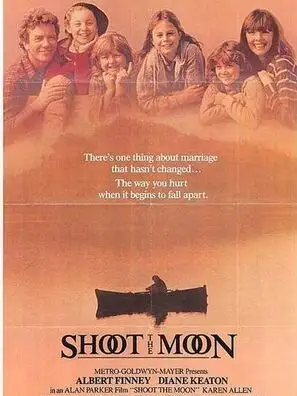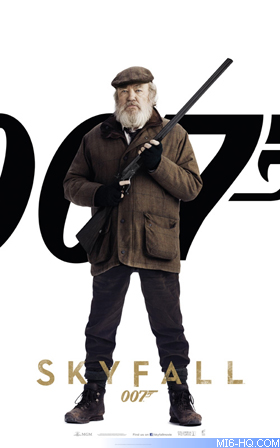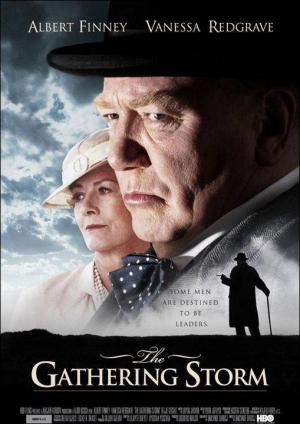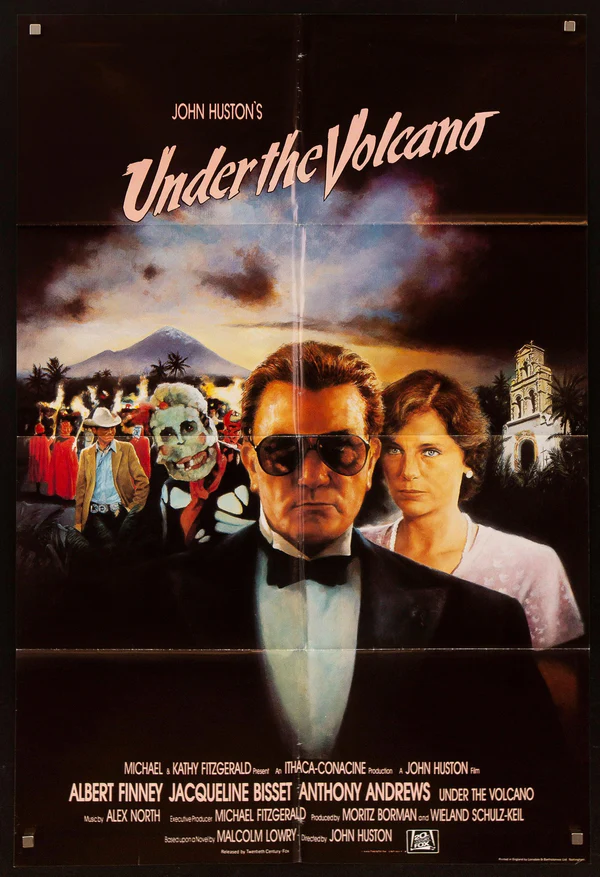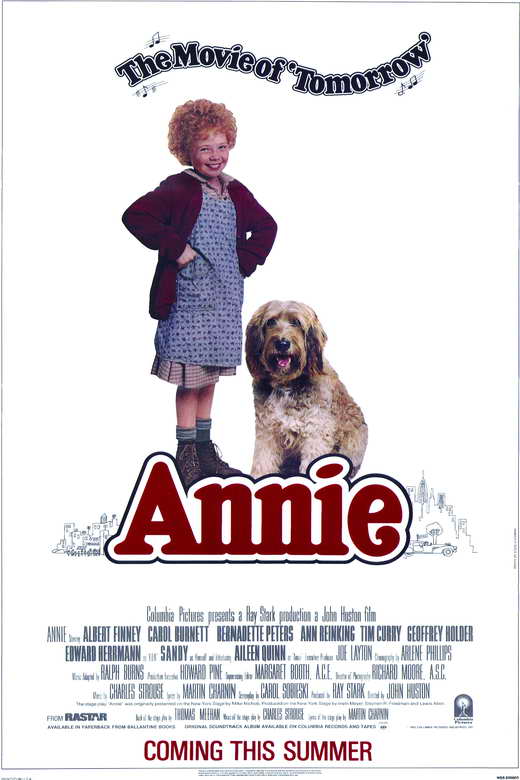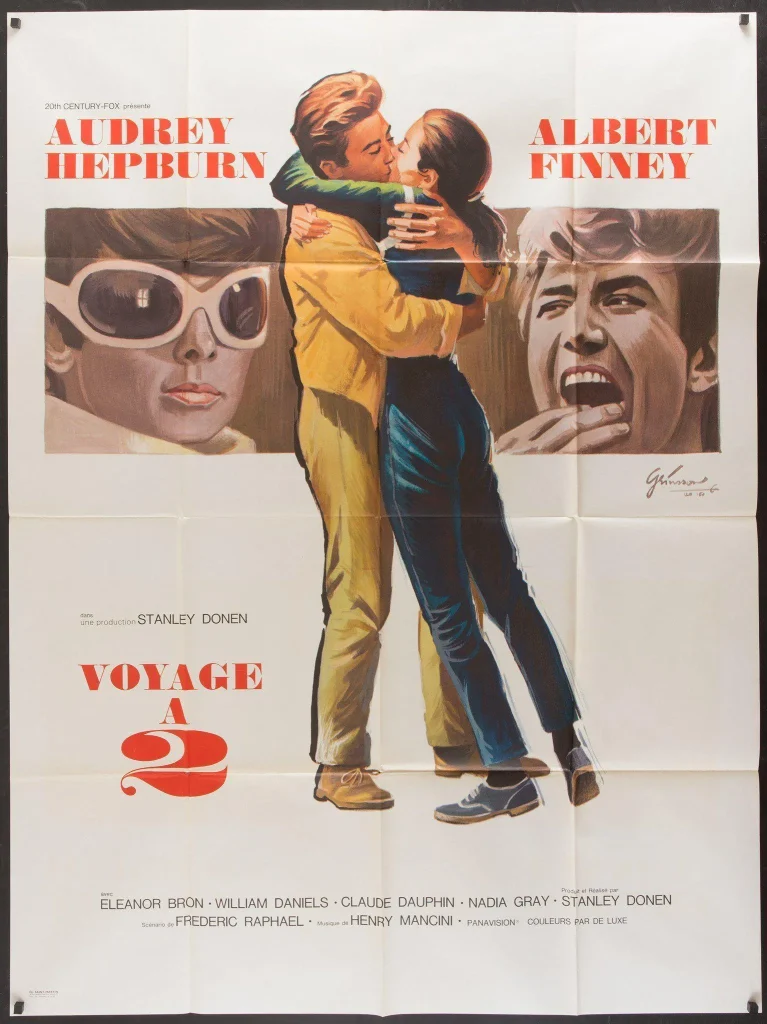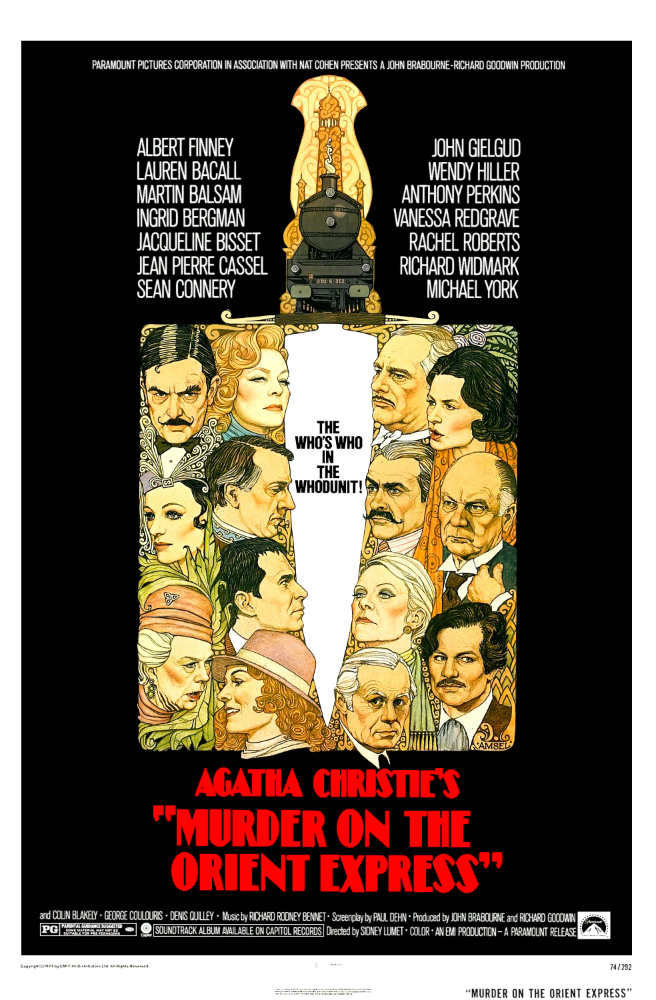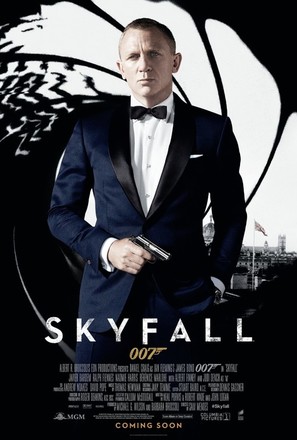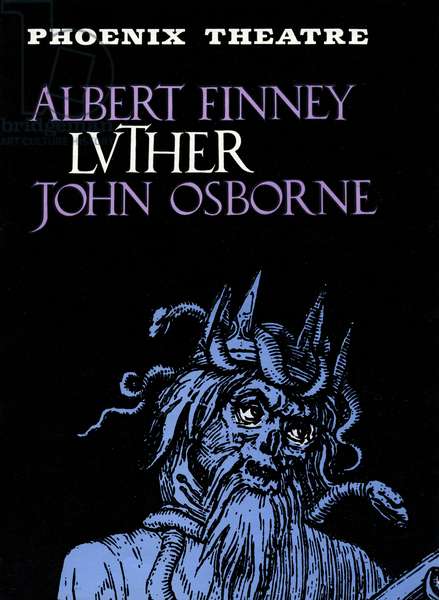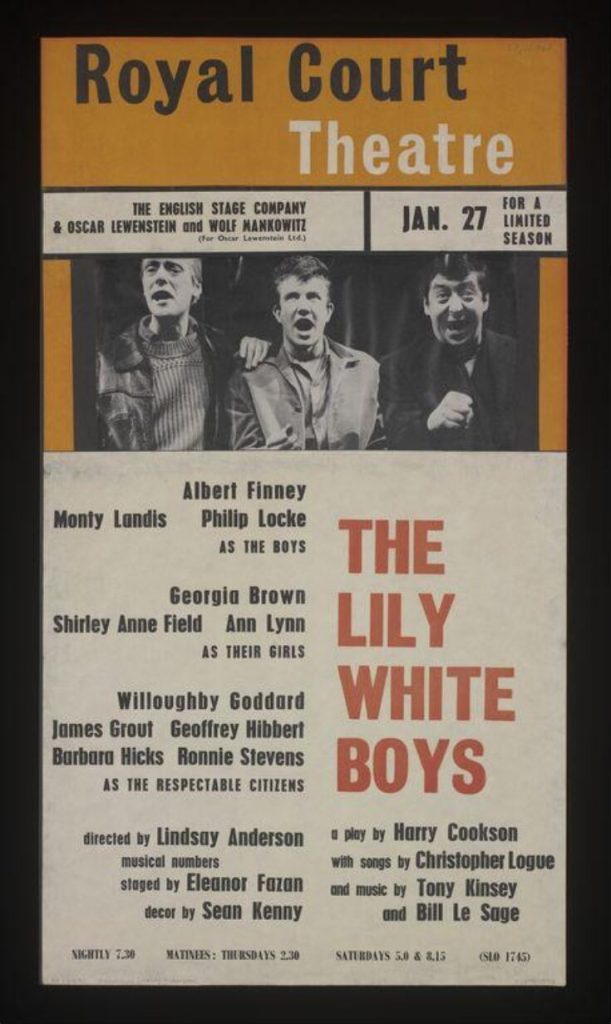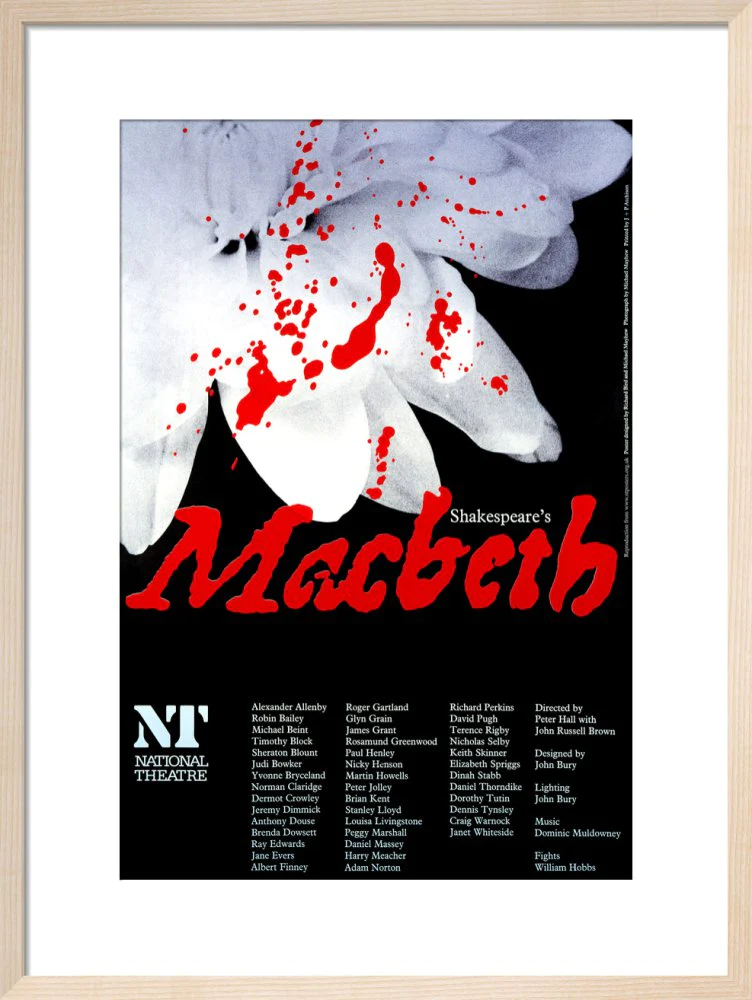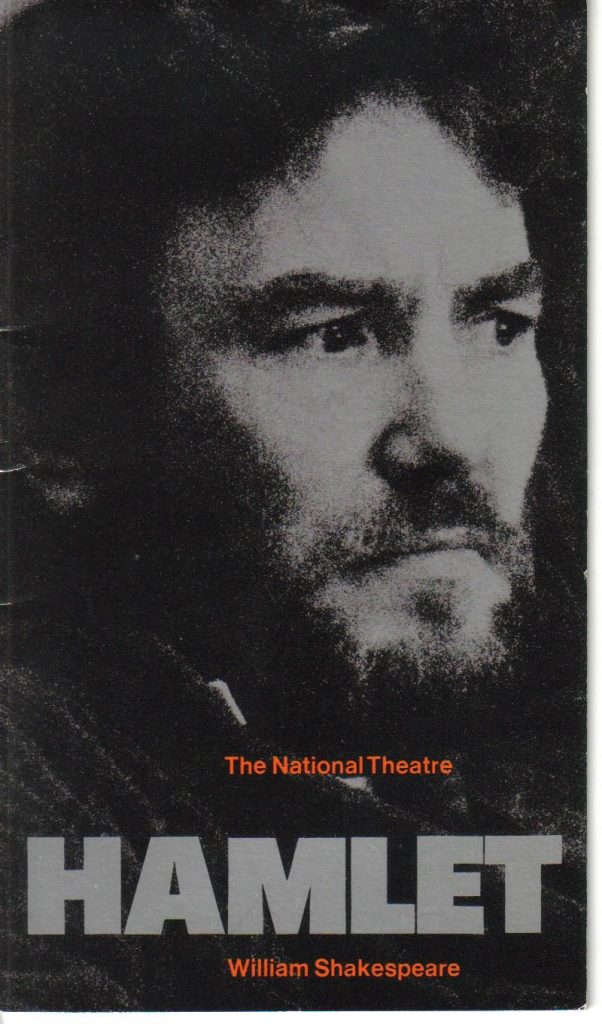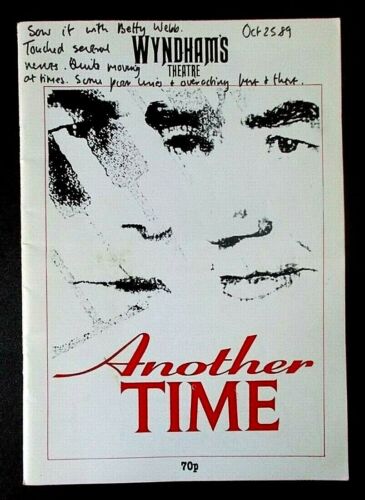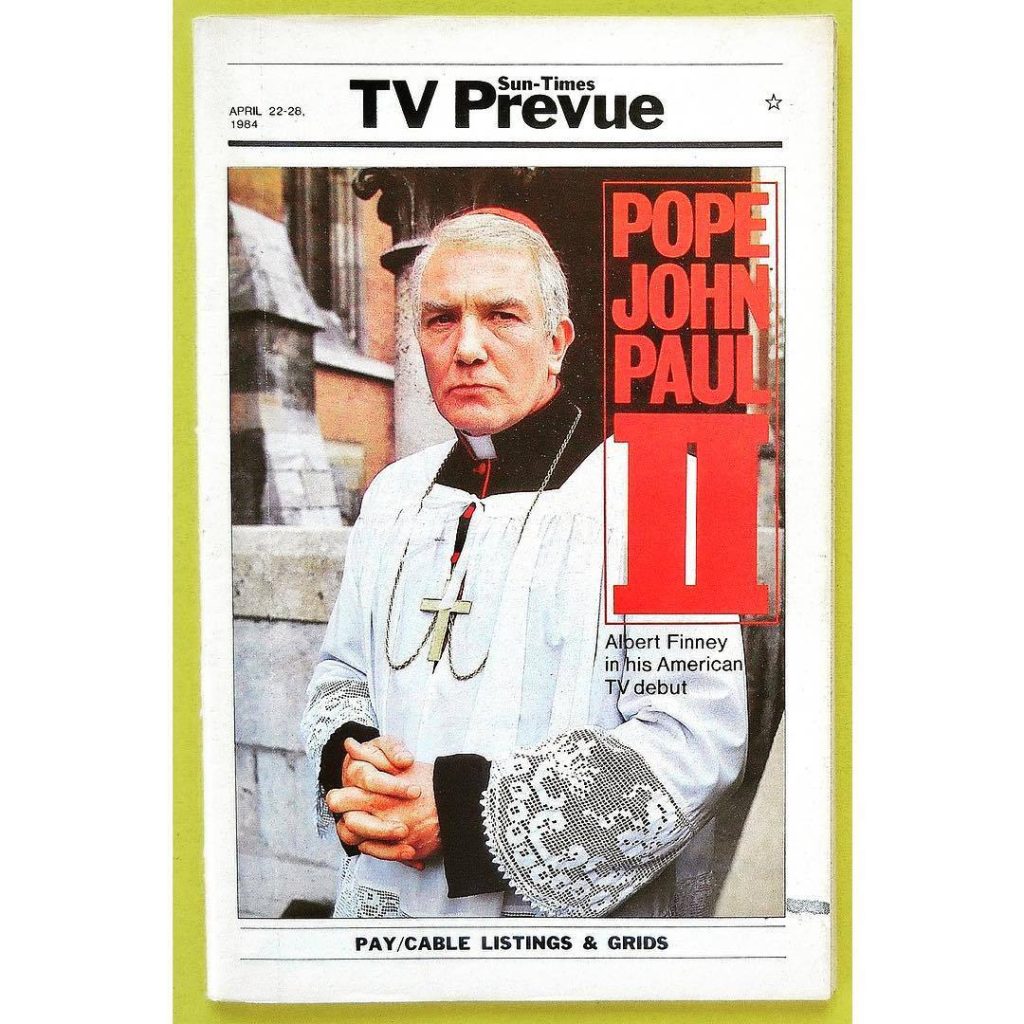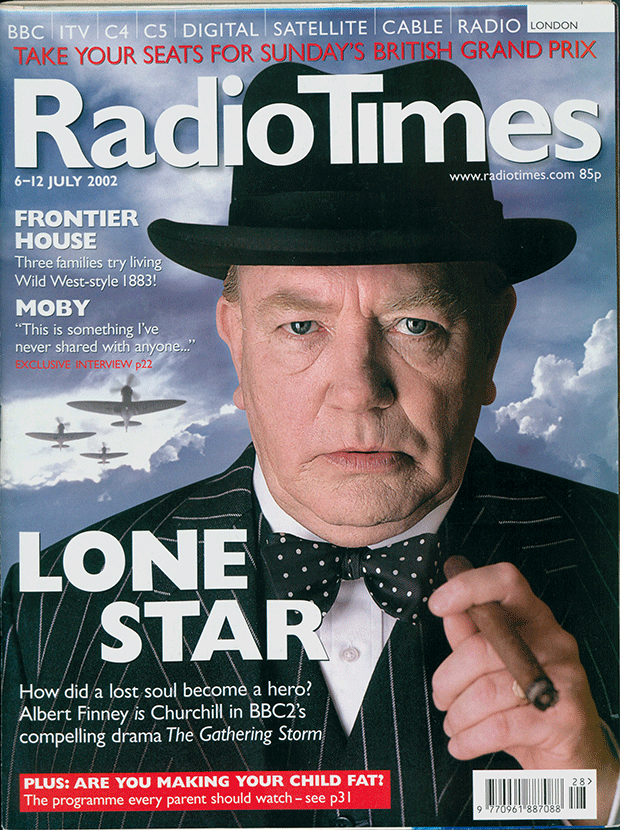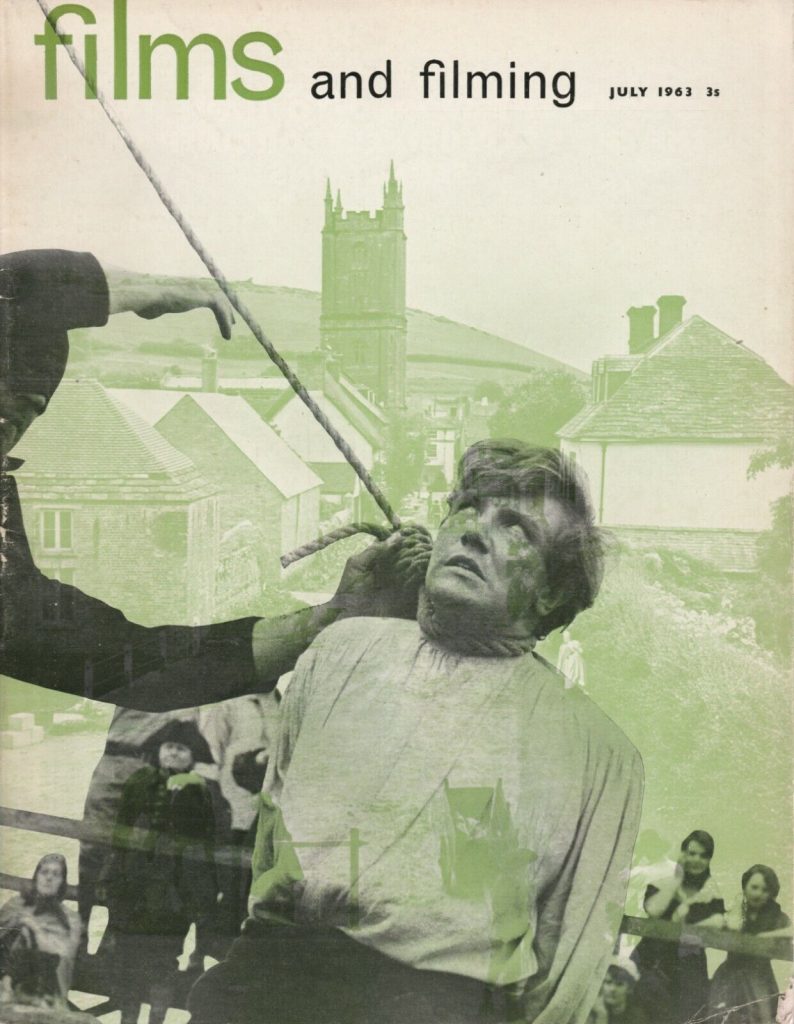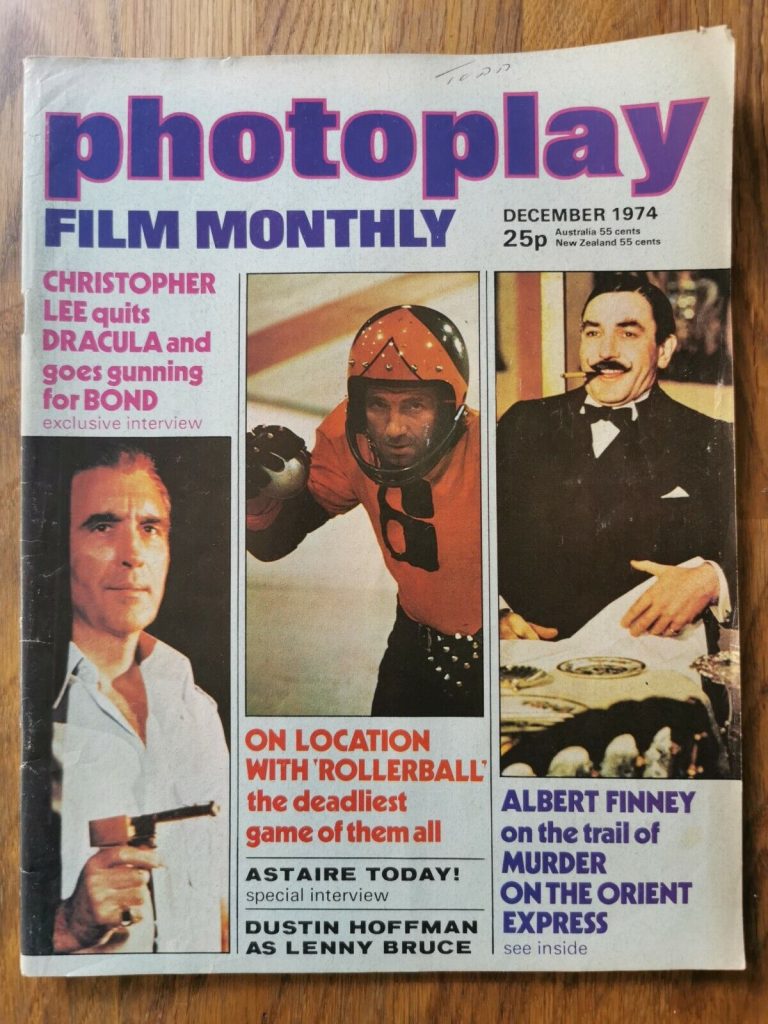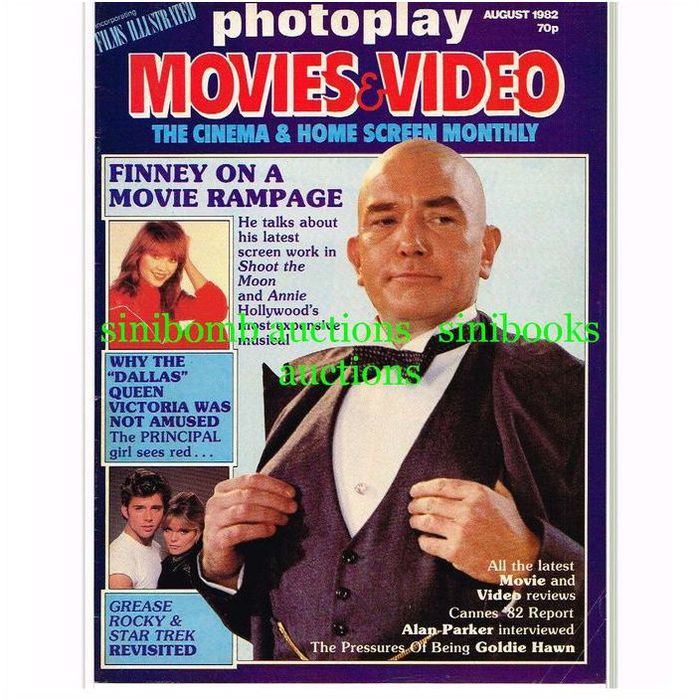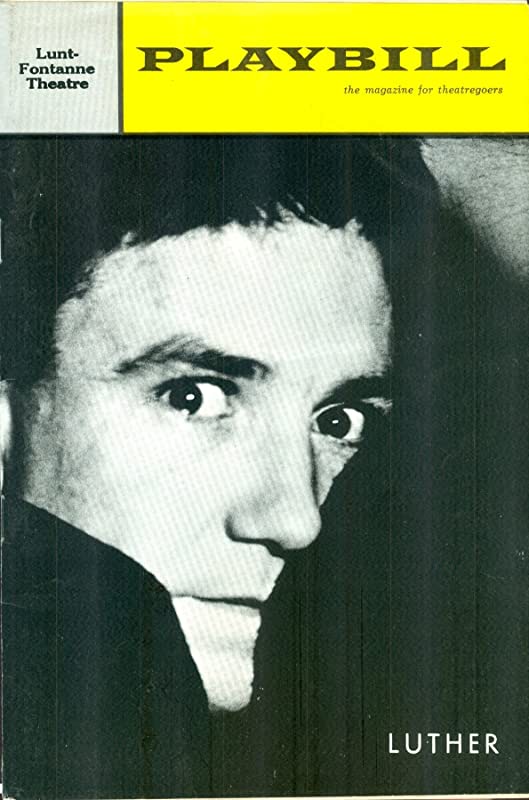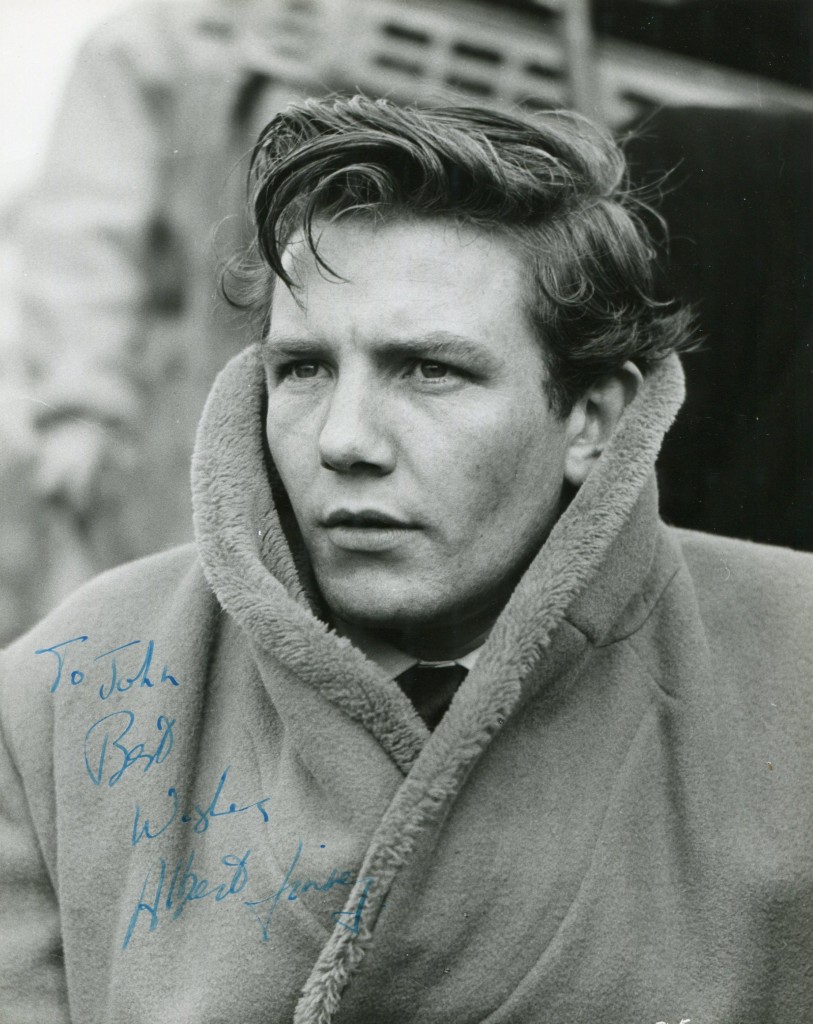

Albert Finney obituary in “The Guardian” in 2019.
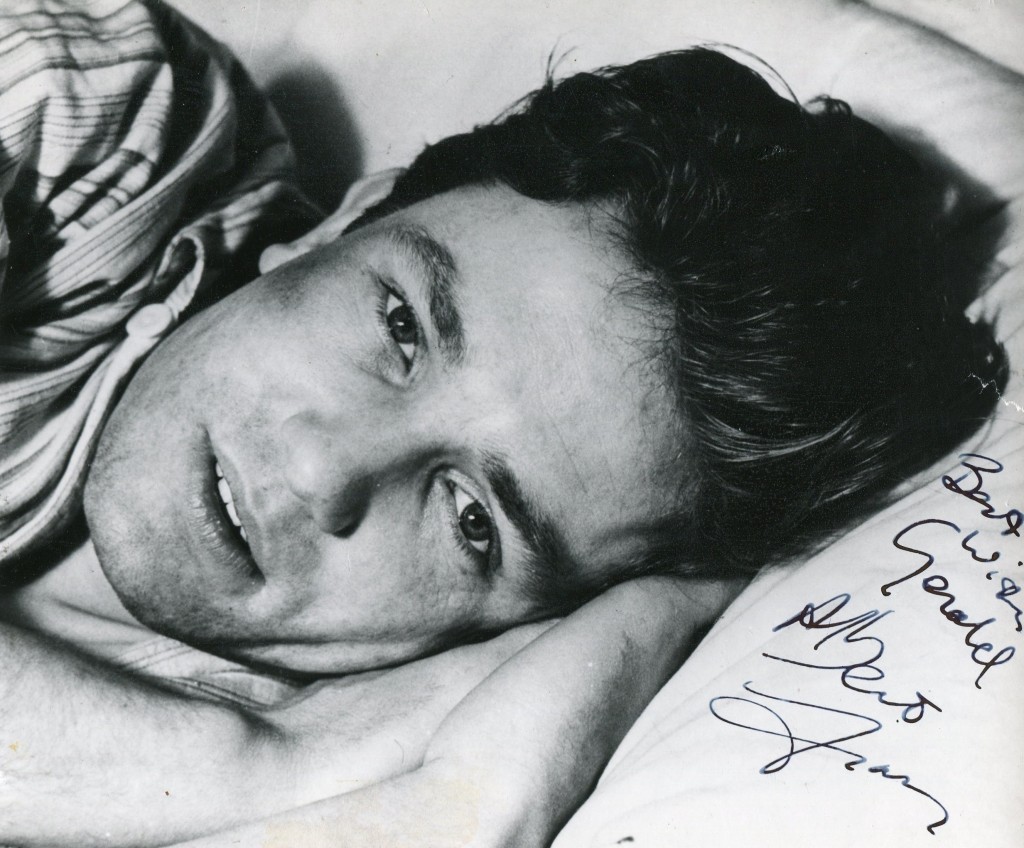
One of the new-style working-class heroes and shooting stars of the 1960s, the actor Albert Finney, who has died aged 82, enjoyed a rich and varied career that never quite fulfilled its early promise. Like Richard Burton before him and Kenneth Branagh after him, he was expected to become the new Laurence Olivier, the leader of his profession, on stage and on screen.
That this never quite happened was no fault of Finney’s. He worked intensely in two periods at the National Theatre, was an active film producer as well as occasional director, and remained a glowering, formidable presence in the movies long after he had been nominated five times for an Oscar (without ever winning). Although a stalwart company member – Peter Hall paid heartfelt tribute to his leadership and to his acting at the National – he led his life, personal and professional, at his own tempo.
From middle age onwards – and he was only 47 when he gave one of those Oscar-nominated performances, the fruity old actor defying the blitz, Donald Wolfit-style, in Peter Yates’s The Dresser, written by Ronald Harwood – he assumed a physical bulk and serenity that bespoke a life of ease, far from the madding crowd, in good restaurants and on Irish racecourses. He never courted publicity.
His unusual, cherubic face, slightly puffy and jowly, but with high cheekbones, the face of an unmarked boxer, was always a reminder of his sensational breakthrough in two signature British films, Karel Reisz’s Saturday Night and Sunday Morning (1960) – his line as the Nottingham bruiser Arthur Seaton, “What I want is a good time; the rest is all propaganda”, could serve as a professional epitaph – and Tony Richardson’s Tom Jones (1963), a lubricious historical romp that imparted a metaphorical mood of the swinging 60s.
Finney was the new roaring boy of that high-spirited, colourful decade – cheeky, northern and working-class. Born in Salford, he was the son of Albert Finney Sr, a bookmaker, and his wife, Alice (nee Hobson); as it happens, also born that day was another northern “new wave” actor, Glenda Jackson.
Young Albert attended Tootal Drive primary school and Salford grammar. He flunked his exams but played leading roles in 15 school plays and went south to London and Rada, where he was in a class that included Peter O’Toole, Tom Courtenay, Frank Finlay, John Stride and Brian Bedford. While still a student, as Troilus in a modern play, he was spotted by Kenneth Tynan – the best-known critic of the day – who proclaimed a “smouldering young Spencer Tracy … who will soon disturb the dreams of Messrs Burton and Scofield”. And so it proved. His rise was instant and meteoric. He played Brutus, Hamlet, Henry V and Macbeth at the Birmingham Rep, and in 1956 made his London debut in the Old Vic’s production of Shaw’s Caesar and Cleopatra. In 1958 he played opposite Charles Laughton in Jane Arden’s The Party at the Arts theatre.
He followed Laughton to Stratford, joining a stellar company under the direction of Glen Byam Shaw, and played Lysander in A Midsummer Night’s Dream (Laughton was Bottom) and Cassio with Paul Robeson as Othello and Mary Ure as Desdemona. He also understudied (and went on for, to sensational effect) Olivier as Coriolanus.
But Finney was a modern actor not really destined for classical eminence. Much more his style was the insolence and daydreaming of Billy Liar by Keith Waterhouse and Willis Hall at the Cambridge theatre, though the role on film went to Tom Courtenay. At the Royal Court he took the lead roles in a satirical musical, The Lily White Boys, directed by Lindsay Anderson, and in John Osborne’s vitriolic, tumultuous Luther (the latter in the West End, later on Broadway); he made his film debut opposite Olivier in The Entertainer in 1960.
A pattern of oscillation between theatre and cinema was soon established, as he bookended his first major stint at the National, in the great Olivier company, with screen appearances in Reisz’s 1964 remake of Emlyn Williams’s psychological thriller Night Must Fall and Stanley Donen’s delightful study of a disintegrating relationship, scripted by Frederic Raphael in flash back and fast forward, Two For the Road (1967). Finney’s leading lady in the latter, Audrey Hepburn, was not the first nor last of his amorous work-and-pleasure intrigues.
His NT appearances in 1965 and 1966 were as a strutting Don Pedro in Franco Zeffirelli’s Sicilian take on Much Ado About Nothing (with Maggie Smith and Robert Stephens), the lead in John Arden’s Armstrong’s Last Goodnight, a great double of the candescent upstart Jean in Strindberg’s Miss Julie and the outrageous Harold Gorringe in Peter Shaffer’s Black Comedy, topped off with the double-dealing, split-personality Chandebise in Jacques Charon’s definitive production of Feydeau’s A Flea in Her Ear.
Then he was off again, having founded Memorial films in 1965 with his great friend and fellow actor Michael Medwin, directing and starring in Charlie Bubbles (1968), written by his fellow Salfordian Shelagh Delaney (author of A Taste of Honey) and featuring Billie Whitelaw and Liza Minnelli. He co-produced Lindsay Anderson’s savage public school satire If … (1968), bankrolled Mike Leigh’s first feature film, Bleak Moments (1971), and gave Stephen Frears his movie-directing debut on Gumshoe, a brilliant homage to film noir as well as a good story (written by Neville Smith) about a bingo caller (Finney) in a trenchcoat with delusions of being Humphrey Bogart. He even had time to disguise himself totally as a wispily senile Scrooge in Ronald Neame’s 1970 film, with Alec Guinness as Jacob Marley and Edith Evans as the Ghost of Christmas Past.
An invitation to return to the Royal Court as an associate director (1972-75) resulted in one of his blistering stage performances, opposite Rachel Roberts, in EA Whitehead’s Alpha Beta. He directed Brian Friel’s The Freedom of the City and a revival of Joe Orton’s Loot, and appeared in David Storey’s Cromwell and Samuel Beckett’s Krapp’s Last Tape.
The reminiscing Krapp unspooled his old Grundig on a double bill with Billie Whitelaw’s hectic jabbering in Not I, and Finney confided in Whitelaw his lack of rapport with the playwright: “You know the way I work, I take all the different paints out of the cupboard, I mix the colours together. If they’re not right, I shove them all back and take out a new lot.” Whitelaw advised him to dispose of all the colours and retain the white, black and grey.
He was much happier unbuttoning in Peter Nichols’s sharp West End comedy Chez Nous and embodying Agatha Christie’s Hercule Poirot in Sidney Lumet’s star-laden Murder on the Orient Express (1974). But he returned to the National under Peter Hall during the difficult transition period from the Old Vic to the South Bank.
Over six years from 1974, as striking technicians and unconvinced critics lined up to try to scupper the new building, Finney ploughed on as a bullish, tormented Hamlet, a lascivious Horner in The Country Wife, the perfect arriviste Lopakhin in The Cherry Orchard and a disappointing Macbeth. The centrepiece was his heroic, muscular and glistening Tamburlaine in Peter Hall’s 1976 defiant staging of Marlowe’s two-part mighty epic, twirling an axe to deadly effect.
This performance marked Finney’s grandest, if not necessarily finest, hour on stage; he appeared briefly at the Royal Exchange, Manchester, in 1977 to deliver beautifully modulated performances as Uncle Vanya and an ultra-credible woman-slaying Gary Essendine in Noël Coward’s Present Laughter. Another long absence from the theatre ended with a stunning performance as a roguish Chicago hoodlum in Lyle Kessler’s Orphans at the Hampstead theatre in 1986 (and a movie version a year later) and another great turn as a Catholic priest, held hostage and deprived of his faith, in Harwood’s JJ Farr at the Phoenix theatre.
Finney was now nearly a grand old man, but without the seigneurial distinction of either Olivier or Gielgud. He was delightful and dewy-eyed, eventually, as a bald Daddy Warbucks in John Huston’s film of Annie (1982), but truly magnificent as the alcoholic British consul – “a drunk act to end all drunk acts” said one critic – in Huston’s Under the Volcano (1984), adapted from the novel by Malcolm Lowry.
That performance should have won the Oscar, perhaps, but he remained a near-miss nominee, as he had done in The Dresser (1983). On stage, the beautiful, bolshie boy had settled into ruminative, but always interesting, late middle age, notably in Harwood’s ingeniously structured Another Time (1989), in which he played a bankrupt Jewish commercial traveller and, in the second act, his own musician son, 35 years later; another Harwood play, Reflected Glory (1992), allowed him to let rip as a breezy Mancunian restaurateur confronted with a critical family play written by his own playwright brother (though it was slightly unsettling to see Finney, the brave new Turk, siding with Harwood’s contempt for “modish” contemporary theatre manners).
His last stage appearance reunited him in 1996 with his old friend Courtenay in Yasmina Reza’s Art, at Wyndham’s, a play about friendship being threatened by the purchase of a white painting for a lot of money. Courtenay was the art-loving dermatologist, Finney hilarious and exasperated as an astronautical engineer appalled by the purchase.
Harwood scripted a new film version of Terence Rattigan’s The Browning Version (1994), directed by Mike Figgis, but Finney was probably as unwise to assume Michael Redgrave’s mantle as the unloved classics teacher as he was to play the Ralph Richardson role of Henry James’s Dr Austin Sloper in Agnieszka Holland’s Washington Square (1997), a remake of William Wyler’s far superior The Heiress.
Finney, it seemed, was selecting his movie scripts for their surprise and eclectic qualities, rather than any urgency about fulfilling his destiny as a great actor. But he was much racier on film than on stage. He honed his gangster act as a dodgy politician in the Coen Brothers’ Miller’s Crossing (1990), bumbled irascibly as a retired track official in Matthew Warchus’s Simpatico (1999), an underrated version of a difficult Sam Shepard play, and added a touch of class (and a wayward American accent) as the small-town lawyer in Steven Soderbergh’s crusading Erin Brockovich (2000), opposite a rejuvenated, tremendous Julia Roberts, which brought his fifth and last Oscar nomination.
His best, and now often elegiac, performances materialised sporadically on television: as Maurice Allington in The Green Man (1991), adapted from a Kingsley Amis novel; as Reggie in A Rather English Marriage (1998), alongside Courtenay; and as Churchill in The Gathering Storm (2002), written by Hugh Whitemore, with Vanessa Redgrave as his wife.
In Hollywood, he clocked in for Soderbergh’s Ocean’s Twelve (2004) and the third in a superb trilogy adapted from Robert Ludlum’s spy action thrillers, starring Matt Damon, Paul Greengrass’s The Bourne Ultimatum (2007). His last movie credits came in The Bourne Legacy and the Bond film Skyfall (both 2012).

Finney, always known as Albie, was rumoured to have declined both a CBE and a knighthood. In 1957 he married the actor Jane Wenham; they had a son, Simon, and divorced in 1961. His marriage to the French actor Anouk Aimée in 1970 ended in divorce eight years later. He then had a long relationship with the actor Diana Quick – the pair were for a while feared missing up the Amazon. In 2006 he married Pene Delmage, who survives him, along with Simon.
• Albert Finney, actor, born 9 May 1936; died 7 February 2019

